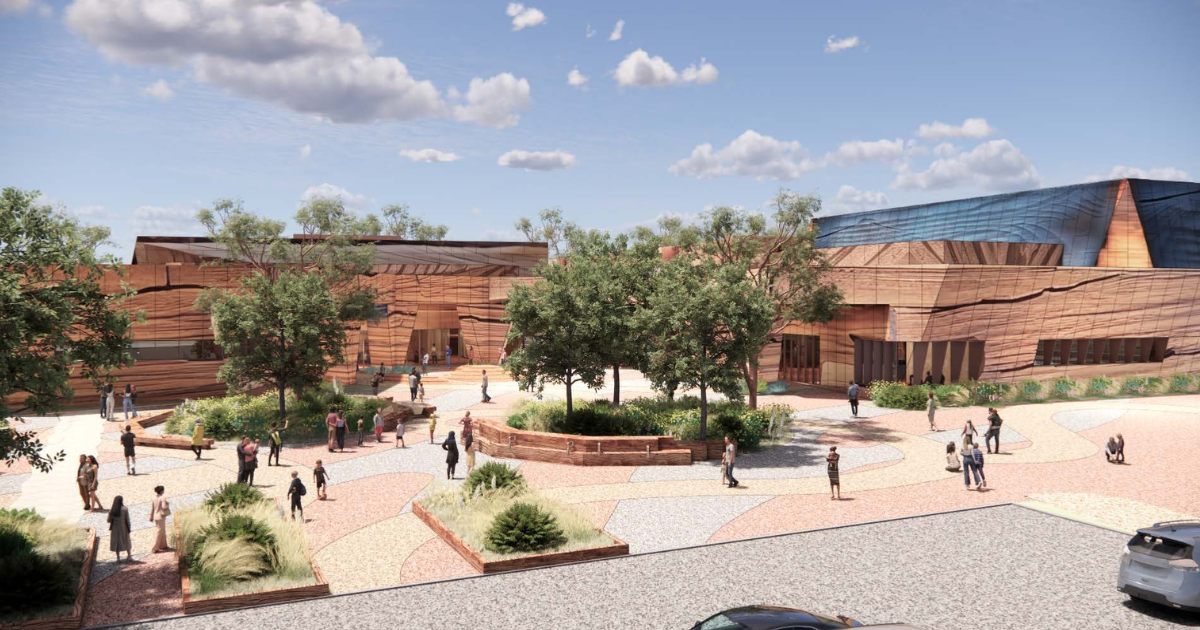City reacts to flying fox challenges

Wildlife carer Leila Merritt has been a big advocate for flying fox rehabilitation, and is based out of her home in Ocean Grove. Photos: SUPPLIED
CITY of Greater Geelong has put in place an exclusion zone at a popular open space to lower injuries among flying foxes.
The city states about 200 grey-headed flying foxes have required care this season from either malnutrition due to a critical food shortage in the region or falling from colony roost trees at Eastern Park.
Geelong mayor Trent Sullivan said local flying foxes play an important role in local habitats, and praised wildlife carers who dedicate their time to looking after the indigenous species.
“The Eastern Park flying fox colony plays a vital role in our local ecology as pollinators of native Australian trees.
“As a community we should respect the safety of the colony by not disturbing them.
“We thank local volunteers for rescuing sick flying foxes and for their ongoing conservation efforts.”
Geelong’s Eastern Park is the second-largest colony in Victoria, behind Melbourne’s Abbotsford Bend.
Weak and malnourished pups are easily disturbed and often fall to the ground, becoming prey to a raft of predators.

To assist flying fox pups in their young development, the city has temporarily implemented a mowing exclusion zone under the colony.
Passers-by can now view signage instructing visitors to remain quiet and keep their distance.
Cr Eddy Kontelj acknowledged that education and awareness were the biggest tools needed to address the protection of flying foxes.
“The city is working to increase the area of suitable habitat and is taking innovative steps to help reduce threats to the survival of the grey-headed flying foxes” he said.
Residents are urged not to attempt to rescue flying foxes but to instead phone Wildlife Victoria at 03 8400 7300, who will dispatch a vaccinated, trained wildlife rescuer to assist.
Fruit tree netting information and regulations can be found on the DEECA website.

















